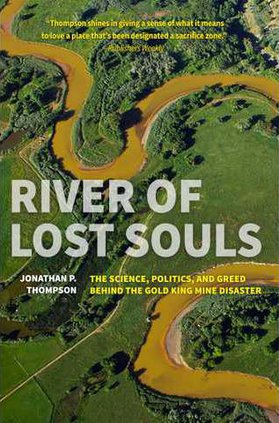ATLANTA — A year after Georgia lawmakers passed a sweeping gun-rights expansion that allowed permit-holders to carry guns into some bars and more parking lots, the Legislature is considering new changes that would allow them to carry their weapons into churches and make it easier for them to renew their licenses.
A proposal unveiled Thursday would allow licensed gun owners to carry their weapons into churches, synagogues and other houses of worship with the approval of the congregation. It also would allow them to keep their weapons in locked boxes within school parking lots and safety zones.
Another provision would require probate judges to send notices to gun owners at least 90 days before a firearm license expires. The proposal also no longer requires those seeking to renew licenses to undergo another criminal background check, although the measure’s backers said they expect to delete that language after it came under fire.
“Some gun rights are still being repressed in Georgia as I see it,” said state Sen. Jeff Mullis, the Chickamauga Republican who sponsored the measure. “I hope this adds value to the right to bear arms.”
The measure, which is before the Senate Public Safety Committee, comes a year after lawmakers adopted a proposal that allowed permit-holders to carry guns into some bars and the parking lots of colleges, courthouses, airports and jails.
Another measure that would have allowed guns into parts of airports throughout the state was vetoed in June by Gov. Sonny Perdue.
The 23-page overhaul would further expand the list of places gun owners can carry their weapons.
The measure would ban law enforcement officers from seizing firearms from suspects, unless the weapons are evidence in a criminal investigation. It bars local governments from adopting any gun restriction that’s more stringent than the state law.
At a subcommittee meeting, critics took aim at the new notification requirements for probate judges, saying that it would force lawmakers to hike the $30 firearm license fee to cover the costs. There also was pushback against allowing licensed gun owners to bring their weapons into houses of worship.
“If everybody pulls a pistol, who’s going to be left?” said state Sen. Valencia Seay, a Riverdale Democrat. “We’re relaxing everyone’s right to carry. When are we going to stop?”
But gun-rights advocates said houses of worship also should be entitled to Second Amendment protections. State Sen. Mitch Seabaugh said churches are now the only owners of private property that aren’t allowed to decide whether gun owners can carry firearms on their property.
Lawmakers want to relax gun control further


Sign up for our e-newsletters


